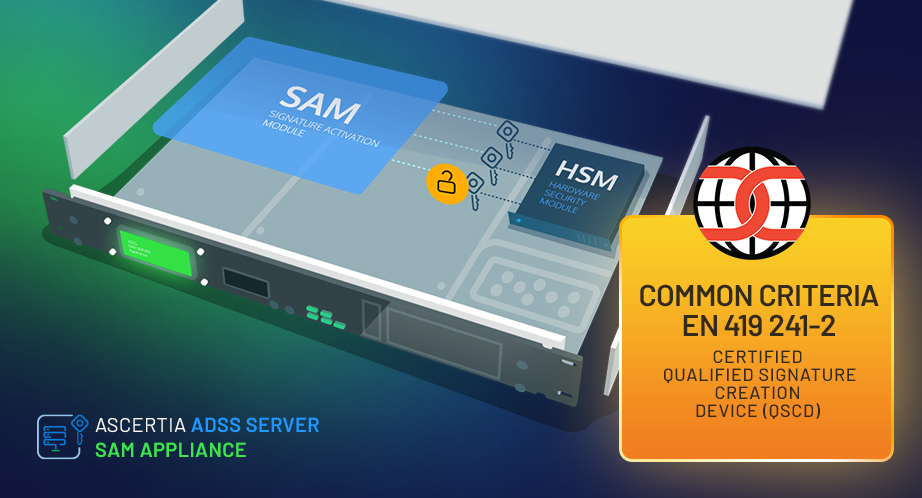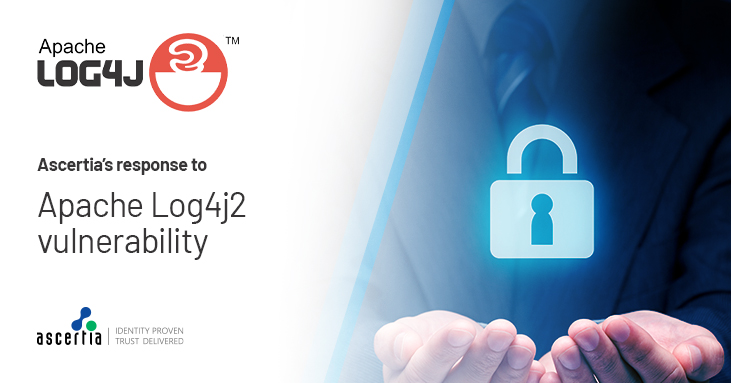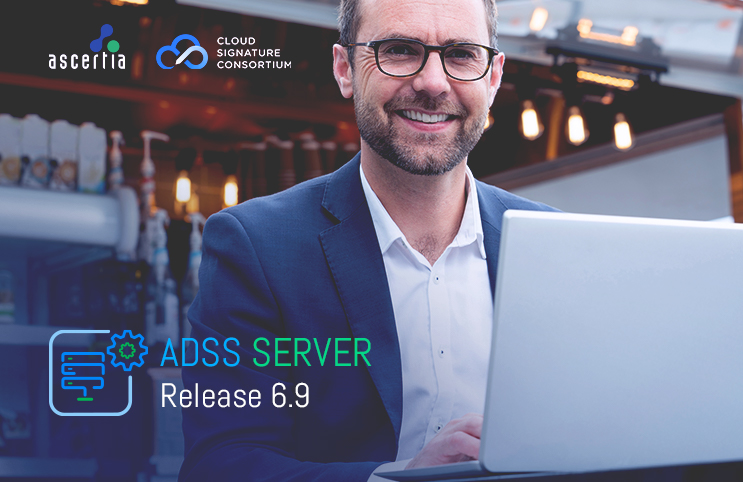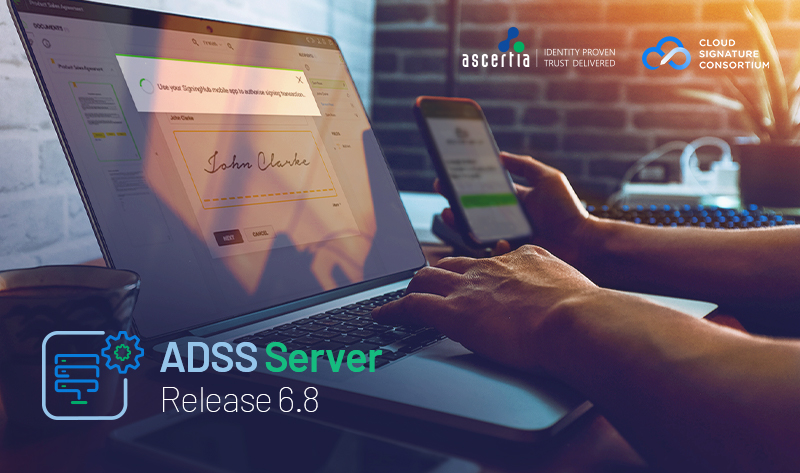Having been the first vendor globally to achieve Common Criteria EAL4+ EN 419 241-2 certification in 2019, Ascertia is delighted to announce that the latest version of the ADSS Server SAM Appliance - version 7 - has been successfully certified.
Mike Hathaway

Recent Posts
Ascertia’s new Common Criteria EAL4+ EN 419 241-2 certificate
ADSS Web RA Server 2.5 release
Ascertia is delighted to announce the ADSS Web RA Server 2.5 release. This release is now available on the Ascertia Community for download. Please request access from your account team, if you have not already registered.
SigningHub 8.1 release
On 15th March Ascertia launched the SigningHub 8.1 release. This release is now available on the Ascertia Community for download. Please request access from your account team, if you have not already registered.
Ensuring digital trust in e-signed documents
In this blog, we discuss digital trust and level assurance. These are two elements of proving an identity to ensure digital trust in e-signed documents.
Online transactions and electronic documents require the same checks as a paper equivalent. You need to be able to prove your identity and establish trust in both the entity and the documentation.
ADSS Web RA Server 2.4 release
Ascertia is delighted to announce the ADSS Web RA Server 2.4 release. This release is now available on the Ascertia Community for download. Please request access from your account team, if you have not already registered.
Ascertia’s response to Apache Log4j2 vulnerability
What is the Apache Log4J?
Log4j is a widely used open-source library for logging within Java applications. Ascertia uses Log4J within ADSS Server, ADSS Auto-File Processor, ADSS Client SDK (Java) and Go>Sign Desktop.
SigningHub 8.0 release
On 22nd October Ascertia announced the SigningHub 8.0 release. This release is now available on the Ascertia Community for download. Please request access from your account team, if you have not already registered.
ADSS Server 6.9 release
On 4th October Ascertia launched the ADSS Server 6.9 release. This release is now available on the Ascertia Community for download. Please request access from your account team, if you have not already registered.
ADSS Server is a full-featured, modular trust services platform built to deliver all of the essential trust services required by Enterprises, Trust Service Providers, or Global Governments. ADSS Server’s trust services can all be used with third-party trust infrastructures, making ADSS Server unique in the market.
ADSS Server 6.8 release
On 2 February Ascertia launched its ADSS Server 6.8 release. This release includes support for the latest Cloud Signature Consortium API.
Prevent costly network outages & security breaches with PKI
Readily available and reliable mobile internet seems second nature to us, but it’s taken a while to reach this point. This blog discusses how public key infrastructure (PKI) can help prevent costly network outages and security breaches.
